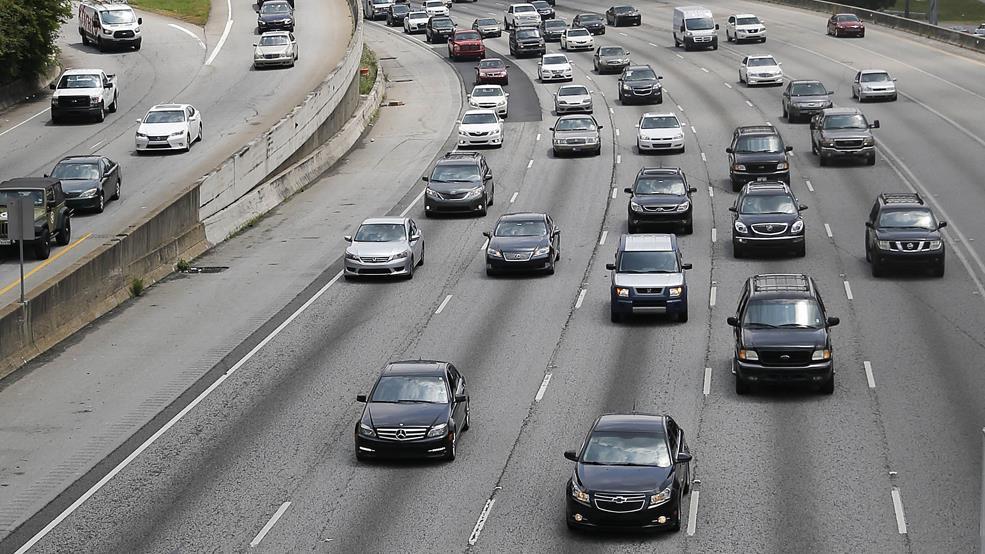Drivers quickly losing trust in self-driving cars after incidents: survey
Consumers are quickly losing trust in self-driving car technology following high-profile incidents involving Uber and Tesla vehicles, according to a new AAA study.
The travel group found that 73% of American drivers say they would be “too afraid” to ride in a fully autonomous vehicle, up from 63% in late 2017. Also, nearly two-thirds of U.S. adults would feel less safe sharing the road with a self-driving car while walking or riding a bicycle.
“Despite their potential to make our roads safer in the long run, consumers have high expectations for safety,” Greg Brannon, AAA’s director of automotive engineering and industry relations, said in a statement. “Our results show that any incident involving an autonomous vehicle is likely to shake consumer trust, which is a critical component to the widespread acceptance of autonomous vehicles.”
Millennials have been the quickest to accept driverless technology, but their opinions changed the most by recent incidents. The percentage of millennials who are too afraid to ride in a self-driving car jumped to 64% from 49%, AAA said. It was the largest increase of any generation in the survey.
Companies in the auto and tech industries have accelerated the development of self-driving cars. General Motors and Google’s Waymo are just two of the companies testing driverless vehicles on public roads. Nearly every major automaker offers a suite of semi-autonomous driver aids, such as lane-keeping technology and park assist.
A survey from CarGurus showed that 81% of car owners who are worried about self-driving vehicles cite safety as their top concern. Forty-seven percent say the technology isn’t ready. Among those who are excited about the technology, 64% cited safety as the top reason followed by productive commutes (58%).
Overall, 79% of car owners are not excited about driverless cars, CarGurus said.
“As is often the case with new technology, exposure seems to build comfort,” said Madison Gross, senior manager of consumer insights at CarGurus. “Even though some early adopters are very excited about self-driving cars, the majority of the general public will need time to become more comfortable around them.”
Autonomous driving systems have come under scrutiny following an accident involving an Uber-operated vehicle in Arizona. The car struck and killed a pedestrian crossing outside of a crosswalk. According to one report, the vehicle detected the pedestrian but decided it wasn’t necessary to make an evasive maneuver.
Following the incident, Arizona pulled Uber’s permit to test self-driving vehicles in the state, and Uber suspended testing in all four states where it operates a fleet of prototypes. Toyota also paused its testing on public roads as a precaution.
Tesla’s Autopilot semi-autonomous software has also been the subject of inquiries. In Utah, a Tesla crashed into the back of a fire department vehicle that was stopped at a red light. The driver told police that Autopilot was engaged at the time of the accident, which occurred on May 11. Regulators are also probing Autopilot’s role in a March accident in California where a Tesla Model X crashed into a highway divider, killing the driver.




















